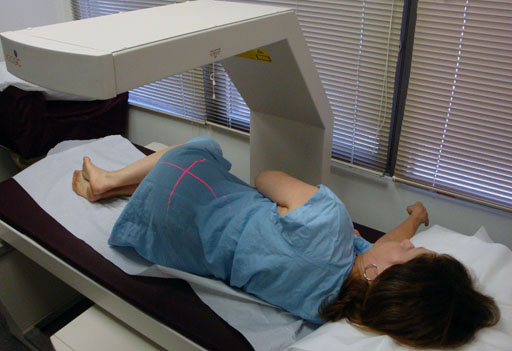
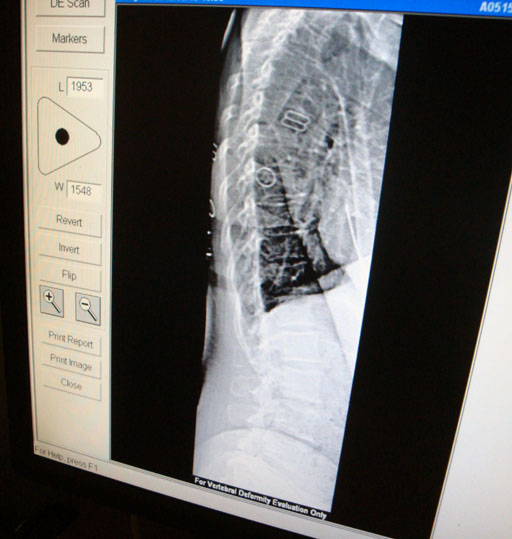
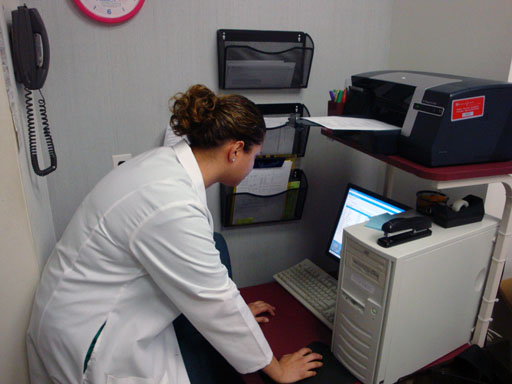
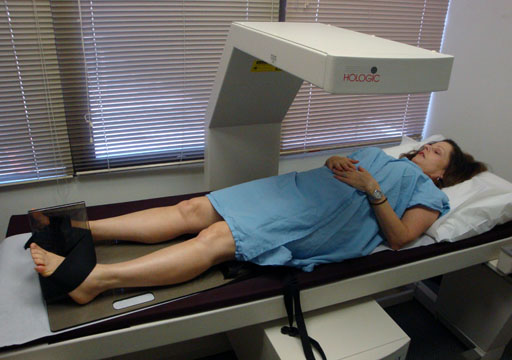
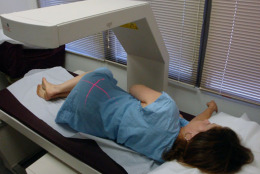
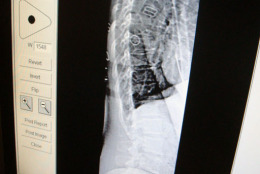
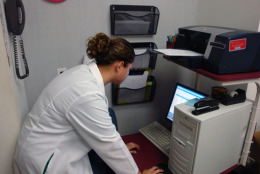
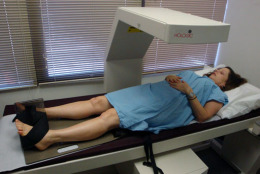
Paula Wolfson, wtop.com
WASHINGTON – Osteoporosis has a reputation as a disease for the old, but preventive measures should start decades before signs of the disease typically appear.
“Most of us gain most of our bone density by the age of 30,” says Dr. Assil Saleh, an internist and rheumatologist with Foxhall Internists.
“And we start losing bone mass after the age of 30.”
Currently, an estimated 10 million Americans have osteoporosis and about 34 million more are at risk. Saleh says to avoid ending up with brittle bones, the right lifestyle choices are crucial.
A diet rich in calcium and Vitamin D can help prevent bone loss, and weight-bearing exercise can promote bone density.
Saleh says in some women exercise has been proven to prevent the progression of osteopenia, a precursor to osteoporosis. She recommends at least 30 minutes of weight-bearing exercise three to four times a week. The exercises will strengthen bones, particularly large ones like the femur.
While every woman is different, there is one medical step Saleh says she believes is universal: All post-menopausal women and younger women with risk factors should get regular bone density scans, called DEXAs.
Risk factors include thyroid disease, the use of steroid medications and family history. If osteoporosis runs in the family, women need to take special care.
Additionally, the disease isn’t necessarily passed on from mom to daughter. Saleh says she is living proof. Her father, not her mother, is battles osteoporosis.
For years, medications called bisphosphonates have been prescribed for patients diagnosed with osteopenia or osteoporosis, but concerns have been raised about their long-term safety.
Saleh says drugs, such as Fossomax and Boniva, are still useful, but they should be reserved for people with more advanced bone loss. She acknowledges there’s a lot of confusion and urges patients to work closely with an osteoporosis specialist to determine if the bisphosphonates are right for them.
Follow WTOP on Twitter.
(Copyright 2012 by WTOP. All Rights Reserved.)







